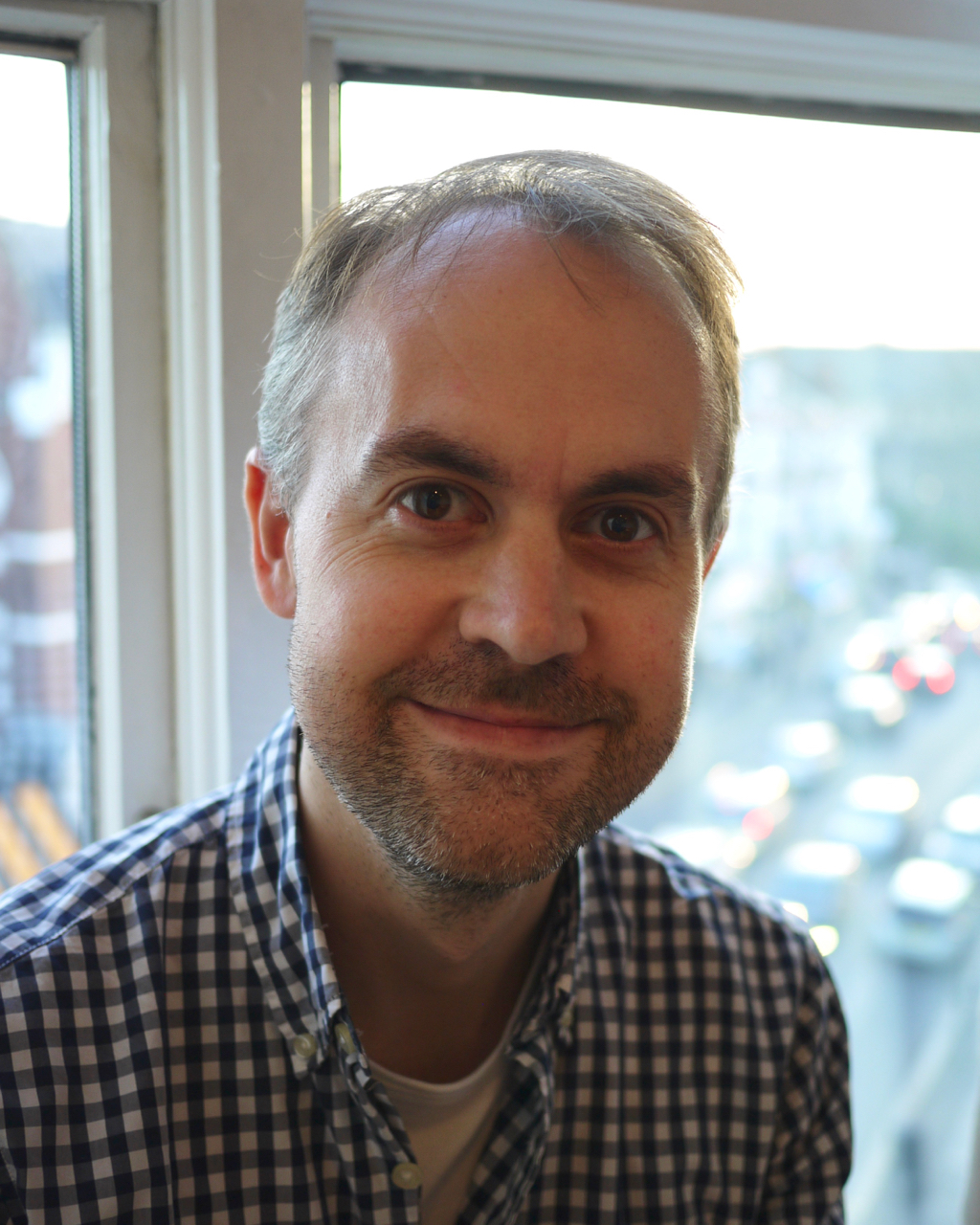Current Research
My research agenda focusses on industrial software engineering practice, providing
tools, techniques and analysis to help practicing engineers carry out their work
more effectively and more efficiently. See below for more details on recent work:
Software Engineering Education
A lot of my work at Imperial has been in developing an education programme that provides students with relevant skills for industrial software engineering careers. I have also done a lot of work on continuing professional development in industry. We have published a number of articles and papers sharing our thoughts and ideas on how to do these things effectively, as well as collaborating with partner institutions around the world.
Read more...
Serverless Computing
Serverless cloud computing - where clients pay only for the time that
their code is actually executing, rather than deploying and running monolithic
services or dedicated virtual machines - has the potential to significantly
change how client/server applications are designed, developed and operated.
Read more...
Developer Experience
I have a strong interest in developer tooling and improving the developer experience
for practising software engineers. A number of recent projects have involved building
developer tools to try to give greater insight into a software system or codebase
through automated analysis.
Read more...
Software Testing
I am exploring the notion of using virtual time in software performance
testing, which allows developers to explore performance characteristics and detect
potential performance problems early and continuously throughout the development of a software system - where traditionally they would only find out about these problems
when running slow system tests in production.
These ideas are embodied in the tool PerfMock, allowing mock objects in unit tests to be configured
with performance characteristics as well as mock behaviour. PerfMock executes
tests in virtual time.
This allows performance to be evaluated much more quickly than running a full
system performance test, making it possible to test performance continuously,
as part of a unit test suite.
For more details of this project, see our QUDOS'19 paper Continuous Performance Testing in Virtual Time. I have also given talks and workshops
on this topic at industry conferences such as Software Practice Advancement, CodeCamp in Romania and CodeEurope in Poland.
Read more...
